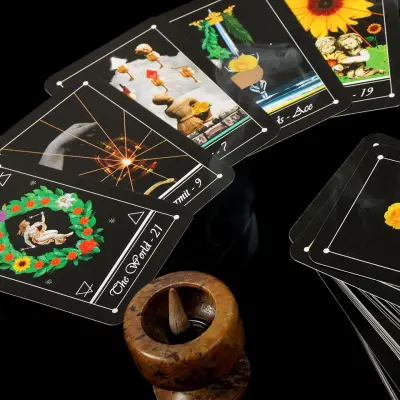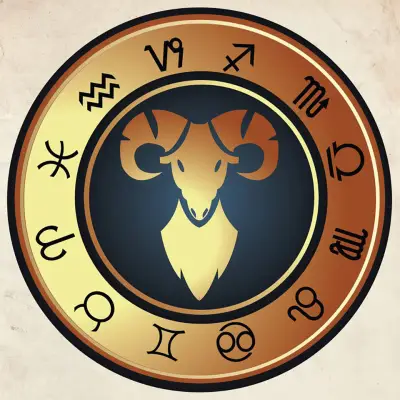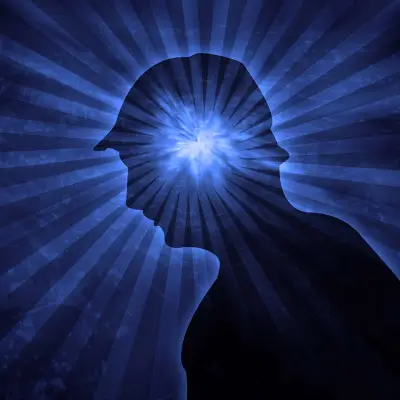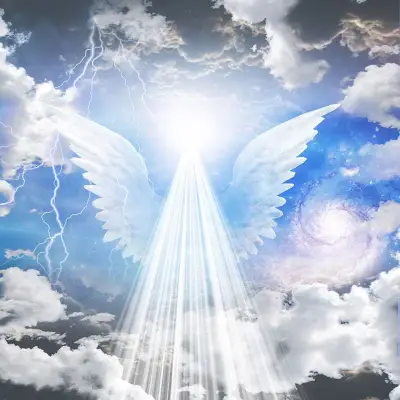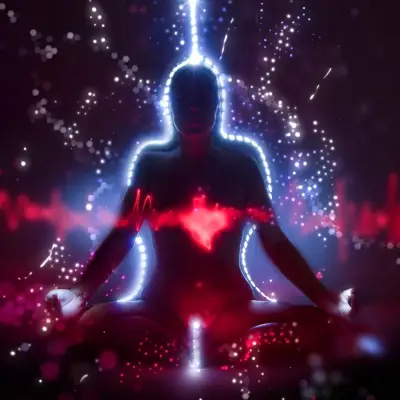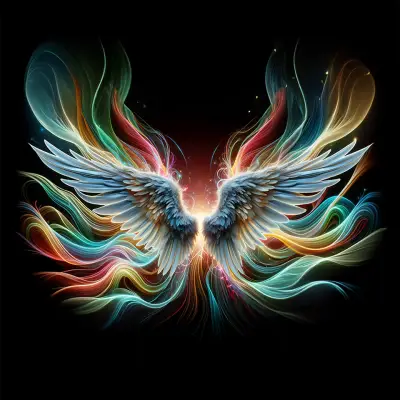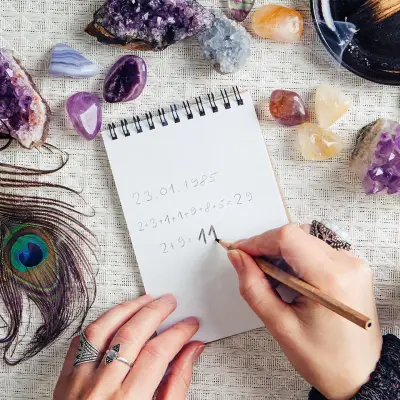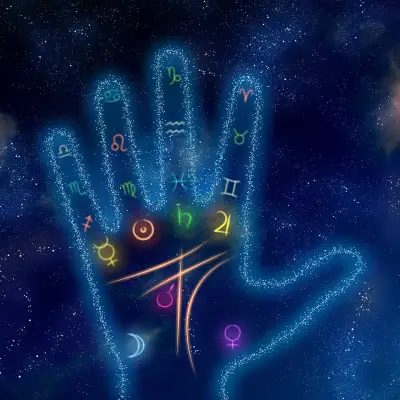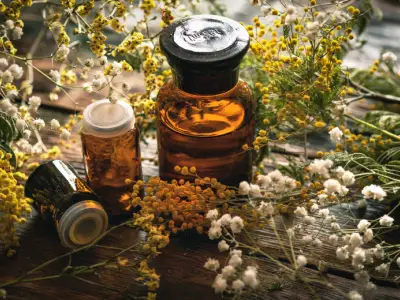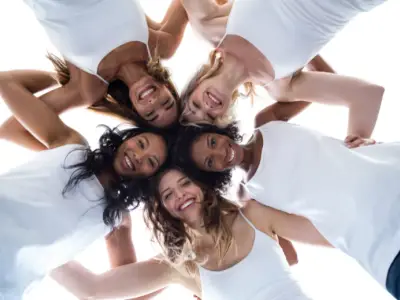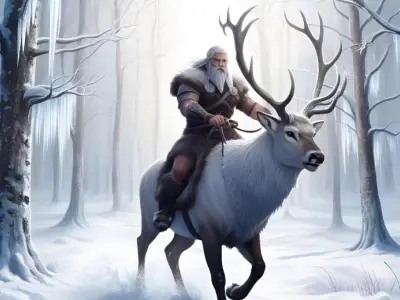Curiosity about pagan gods and goddesses often stems from a desire to connect with ancient wisdom, understand cultural traditions, or explore spirituality beyond mainstream beliefs. Paganism, as a belief system, honours the divine through a variety of gods, goddesses, and spiritual forces, each representing aspects of nature, humanity, and the cosmos.
This guide introduces you to some of the most well-known pagan gods and goddesses from various traditions. You’ll find names from Celtic, Norse, Roman, and other pantheons, giving you a glimpse into the diverse world of paganism.
Jump To
Recommended for you!
Best SellersWhat is Paganism?
Paganism refers to a broad range of spiritual practices that predate or exist outside of the world's major organised religions. These traditions often focus on nature, polytheism (the worship of many gods), and a deep connection to the Earth.
In paganism, gods and goddesses are not distant figures but close presences that reflect natural cycles, emotions, and human experiences. There is no single list of pagan gods or goddesses, as the beliefs vary by culture and time period, but some deities are widely recognised for their importance.
How Many Gods Does Paganism Have?
There’s no definitive answer to the amount of gods worshipped in Paganism. This religion encompasses numerous cultures and belief systems, each with its own pantheon of gods and goddesses. Some traditions may focus on a handful of key deities, while others celebrate hundreds or even thousands of spiritual figures.
Who Are the Pagan Gods and Goddesses?
1. Cernunnos – The Celtic God of the Forest
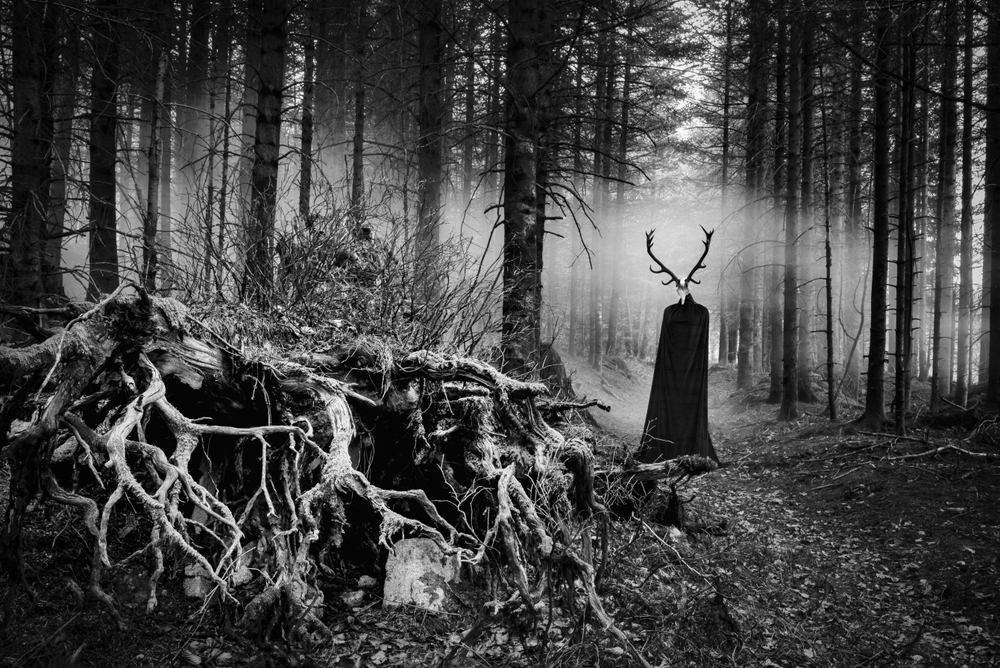
Cernunnos is a powerful figure in Celtic paganism, often depicted with antlers or horns, symbolising his connection to animals and the wilderness. As a god of nature, fertility, and life itself, Cernunnos is thought to oversee the cycles of birth, death, and rebirth. His image is found in ancient carvings and art, often surrounded by animals such as deer and snakes, representing harmony between humanity and the wild.
If you’re drawn to the rhythms of the natural world or feel a deep connection to forests and wildlife, Cernunnos can serve as a reminder of the balance and unity between all living things.
2. Brigid – The Celtic Goddess of Inspiration and Healing
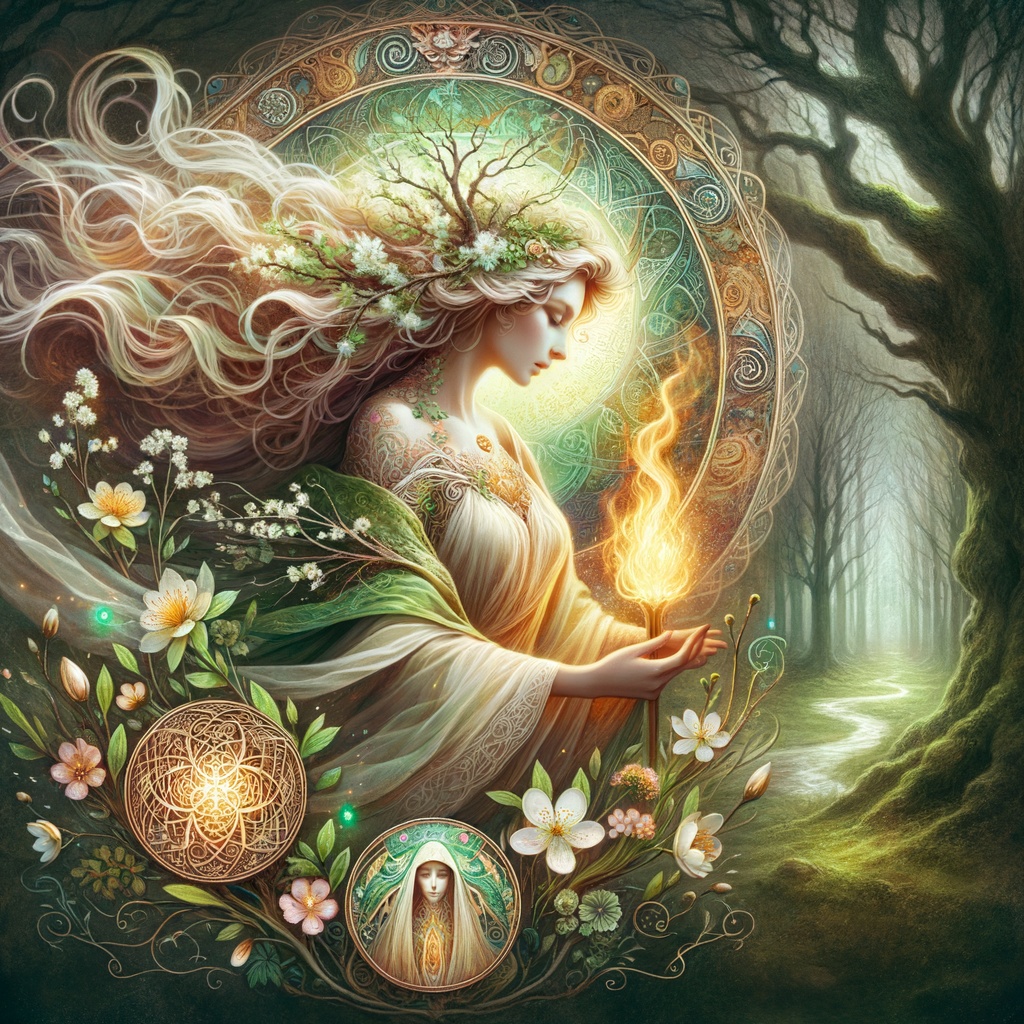
Brigid is revered as a multifaceted goddess in Celtic tradition, embodying creativity, wisdom, and the healing arts. As the patroness of poetry, smithing, and fire, she represents transformation and the spark of inspiration. Brigid is celebrated during the festival of Imbolc, a time of renewal and hope as winter turns to spring. Her influence is so enduring that she was later syncretised with Saint Brigid in Christian tradition.
Connecting with Brigid can inspire you to embrace your creative energy or seek healing in times of change and growth.
3. Freya – The Norse Goddess of Love and War
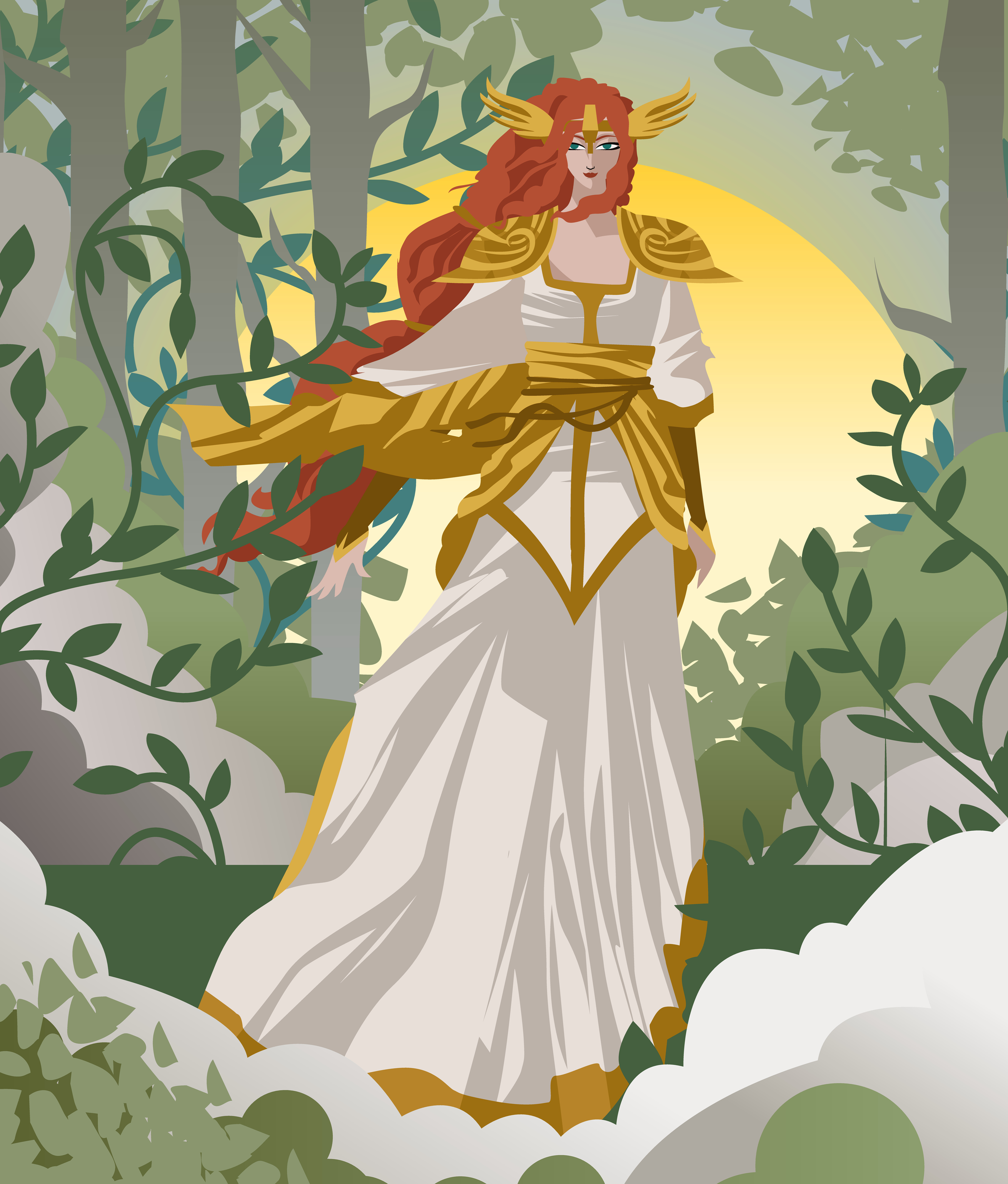
Freya is a goddess of contradictions, embodying both passionate love and fierce independence. In Norse mythology, she presides over Folkvangr, a realm where half of those who die in battle go to find peace. Freya is often depicted with her magical necklace, Brísingamen, and is associated with the natural beauty of flowers, fertility, and the cycles of life. She is also a skilled practitioner of seidr, a form of Norse magic.
If you are drawn to both strength and beauty, Freya’s duality offers a powerful example of balancing love and resilience.
4. Odin – The All-Father of Norse Paganism
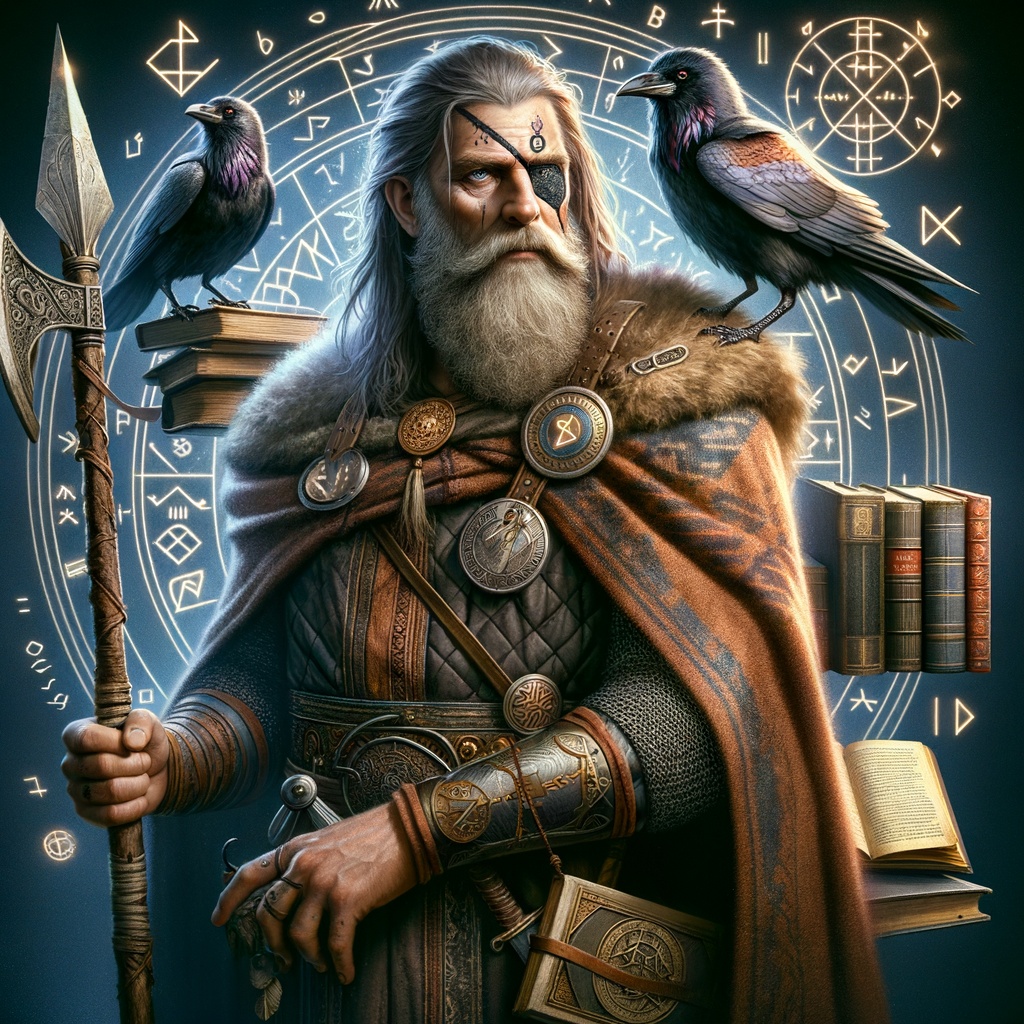
Odin is a central figure in Norse mythology, known for his quest for wisdom and understanding of the universe. He sacrificed one of his eyes to gain knowledge from the Well of Mimir and hung from the World Tree, Yggdrasil, to discover the runes. Odin is also a war god, guiding warriors to Valhalla after their deaths.
His unyielding pursuit of knowledge and his willingness to endure hardship make Odin a symbol of perseverance and insight for those seeking personal growth.
5. Demeter – The Greek Goddess of Agriculture
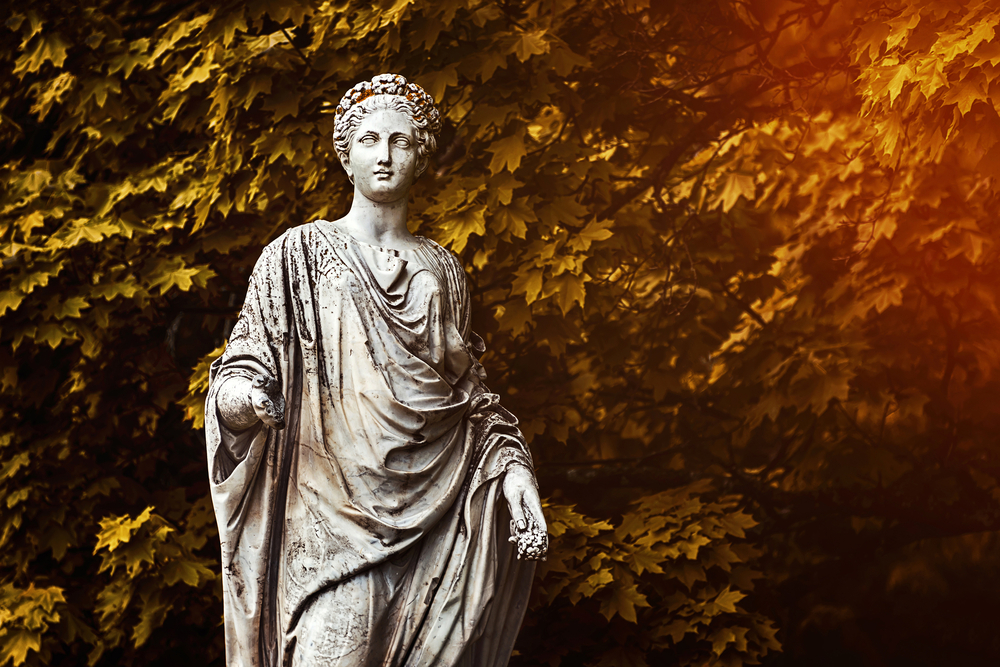
Demeter is deeply intertwined with the cycles of nature and the changing seasons. Her grief over the abduction of her daughter, Persephone, by Hades is said to cause winter, while Persephone's return heralds spring. This myth highlights Demeter's role in the fertility of the Earth and the sustaining of life through agriculture.
If you feel a strong connection to the seasons or to nurturing growth, Demeter’s story can resonate with your own rhythms of life and renewal.
6. Hecate – The Greek Goddess of Magic and Crossroads
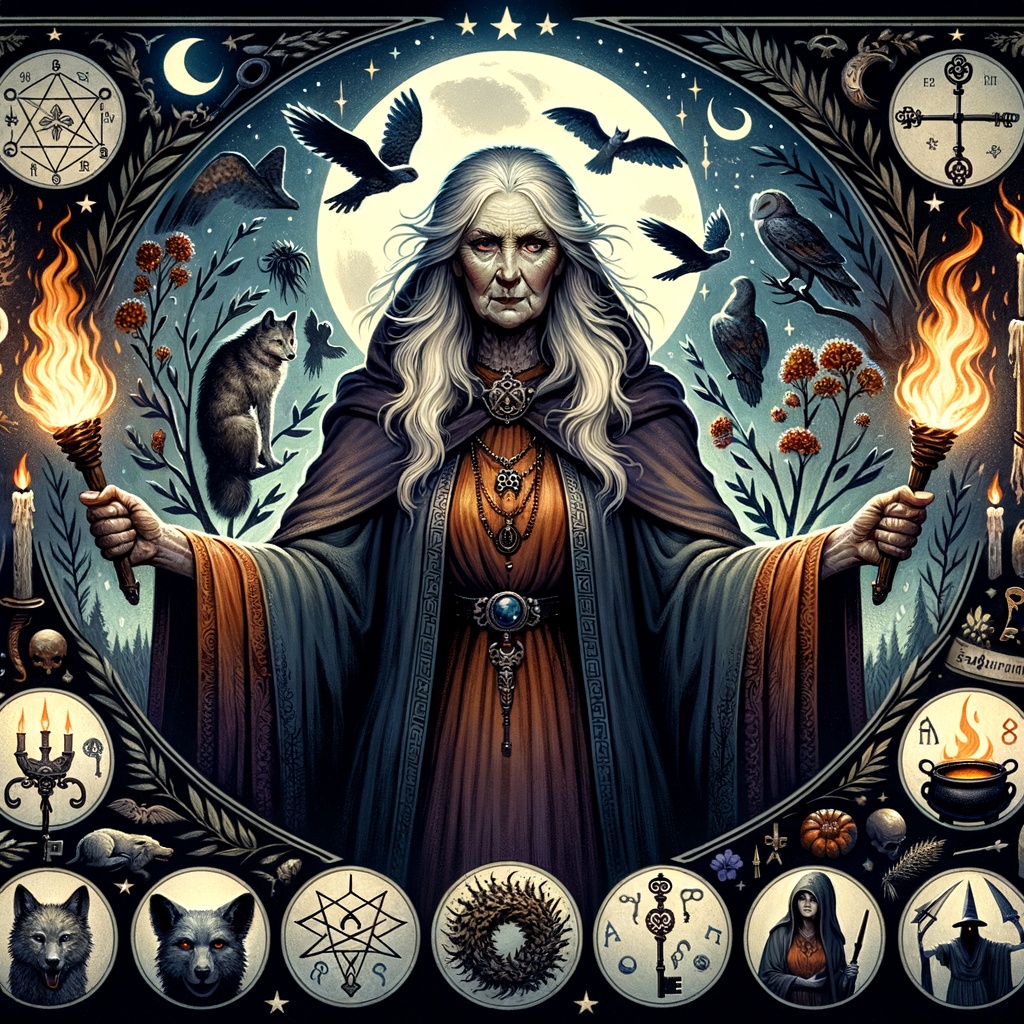
Hecate is often depicted holding torches, symbolising her role as a guide through the darkness and transitions in life. She is associated with the moon, witchcraft, and liminal spaces such as crossroads, where decisions are made. Hecate is also a protector of those who are vulnerable, offering guidance and strength.
Working with Hecate can provide clarity and courage during times of uncertainty or transformation, reminding you of your inner power to navigate life’s challenges.
7. Jupiter – The Roman King of the Gods
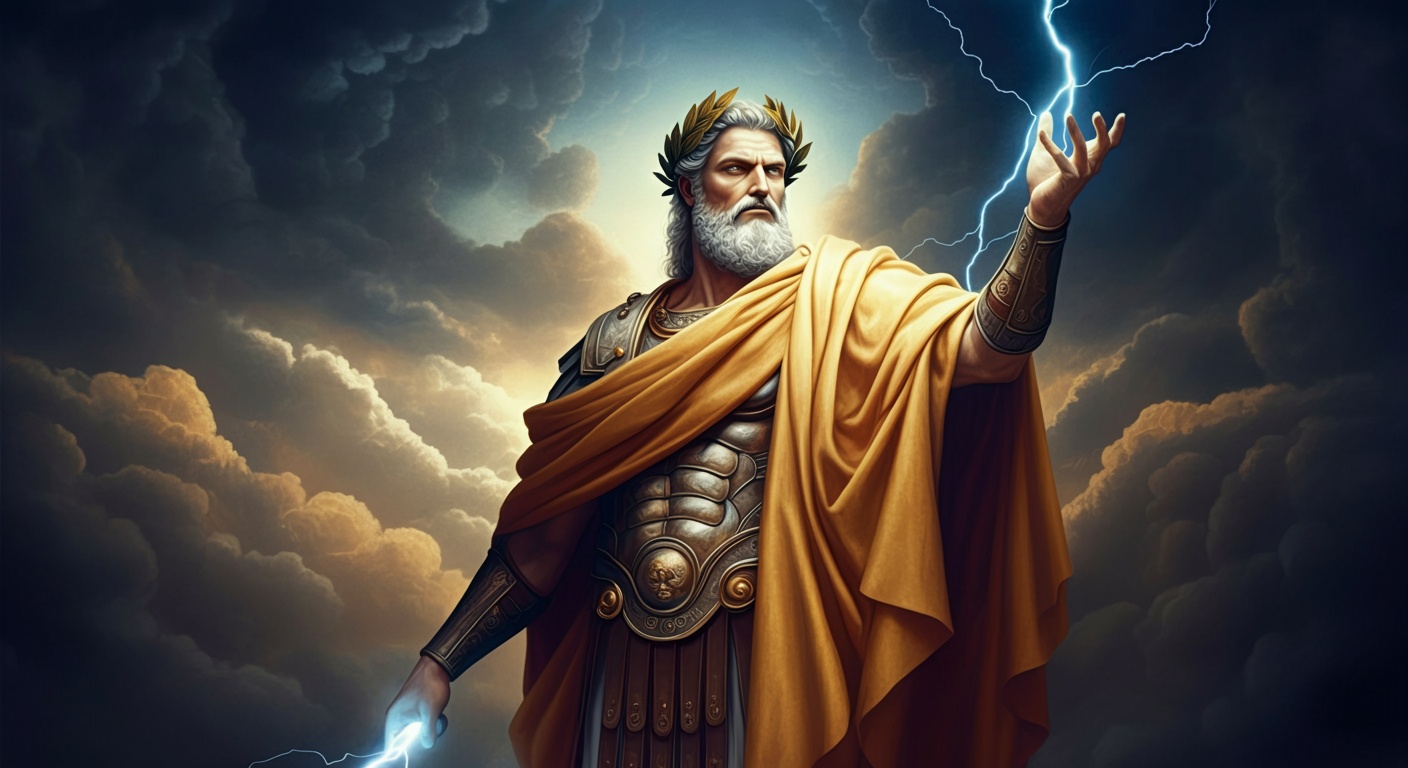
As the ruler of the Roman pantheon, Jupiter is associated with authority, justice, and the power of the skies. He wields lightning as a weapon and is often depicted with an eagle, symbolising strength and vision. Jupiter was central to Roman religious practices, embodying divine law and the natural order.
For those seeking a balance between power and responsibility, Jupiter’s example as a just ruler offers timeless guidance.
8. Diana – The Roman Goddess of the Hunt
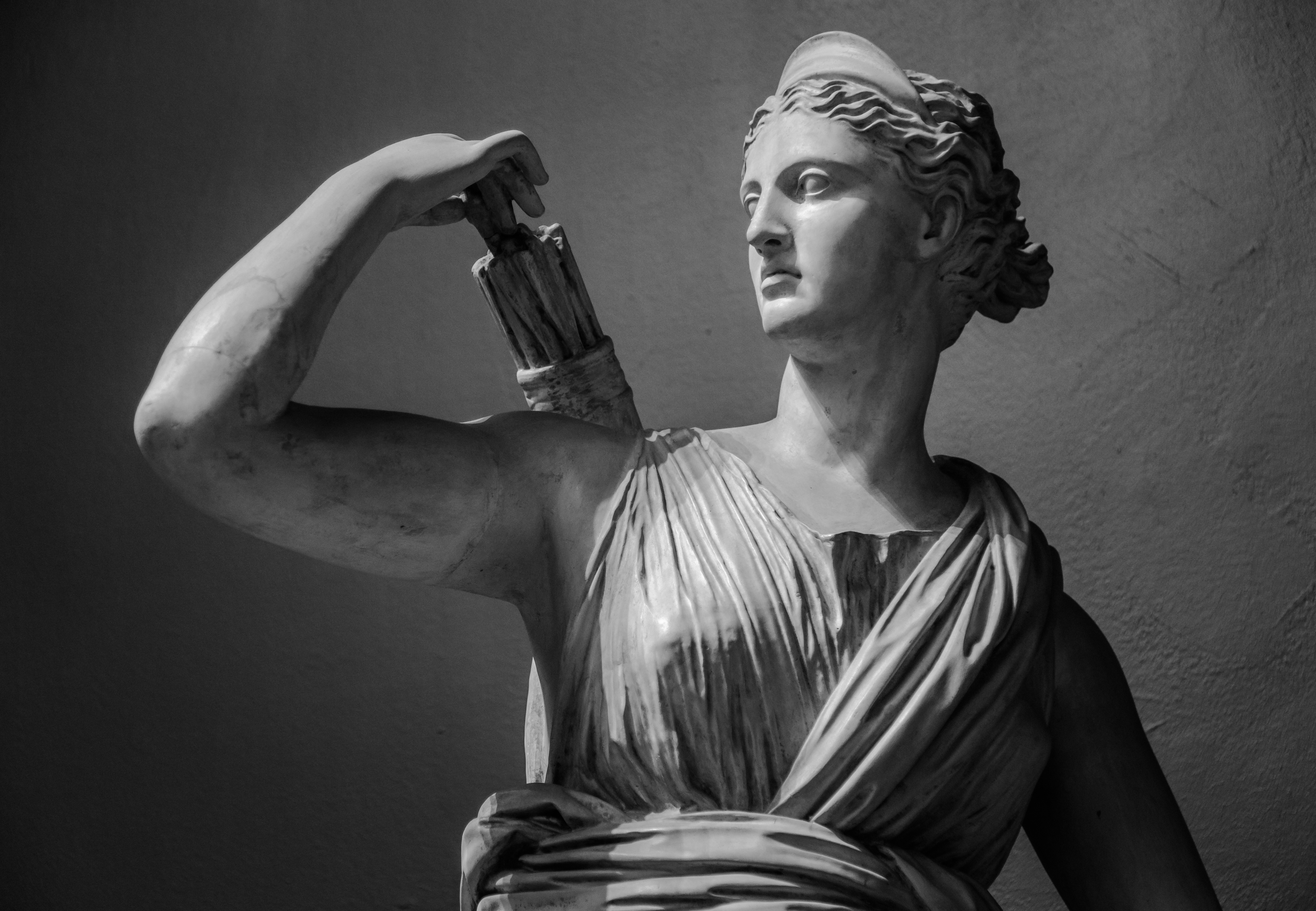
Diana is a goddess of independence and self-reliance, often portrayed with a bow and accompanied by a deer. She represents the untamed aspects of nature and is also a protector of women, particularly during childbirth. Her connection to the moon ties her to intuition and feminine energy.
If you value freedom and a connection to the natural world, Diana’s energy can inspire strength and resilience in your personal journey.
9. Gaia – The Earth Mother in Paganism
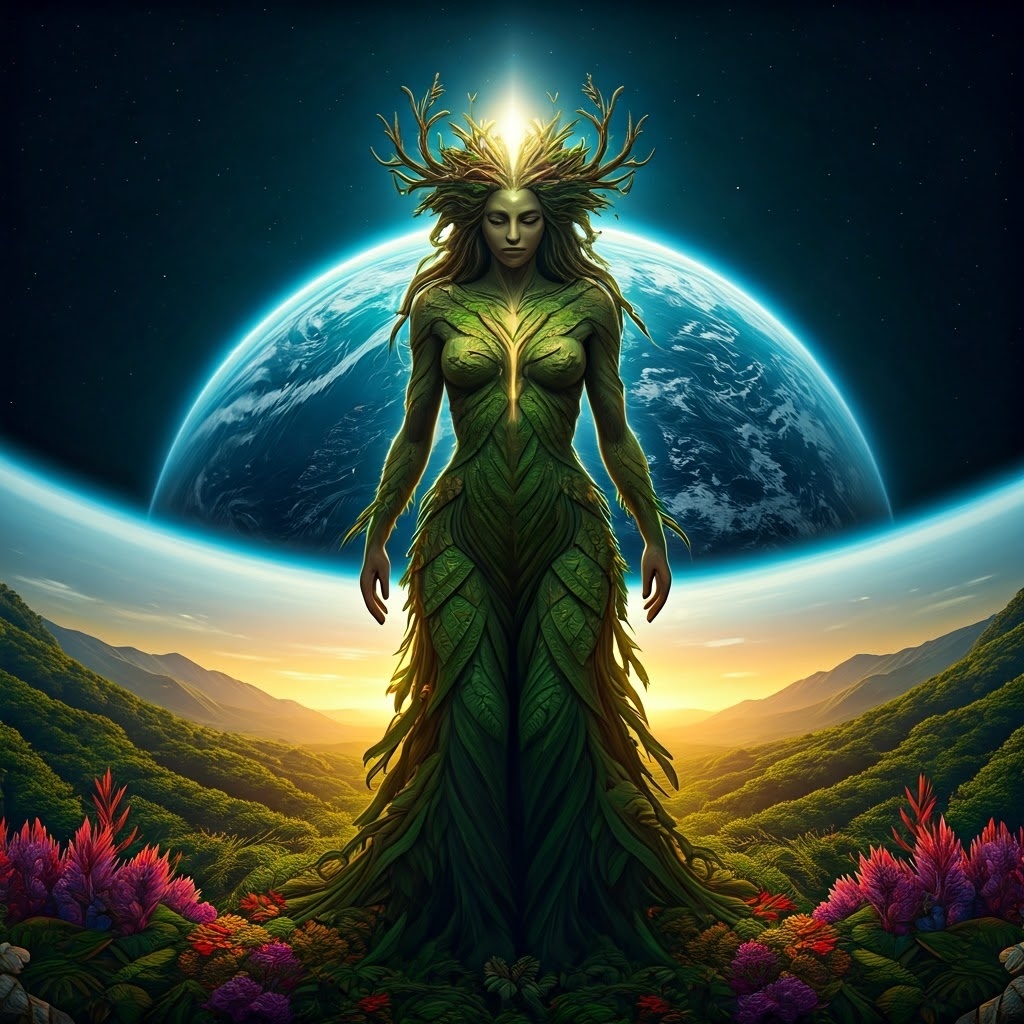
Gaia is considered the ultimate life-giver, embodying the Earth itself in Greek mythology. As the mother of all life, she represents abundance, fertility, and the interconnectedness of existence. Gaia's nurturing energy is a reminder of humanity's responsibility to protect and honour the natural world.
Engaging with Gaia’s spirit can deepen your connection to the planet and remind you of the sacredness of life.
10. Lugh – The Celtic God of Skill and Mastery
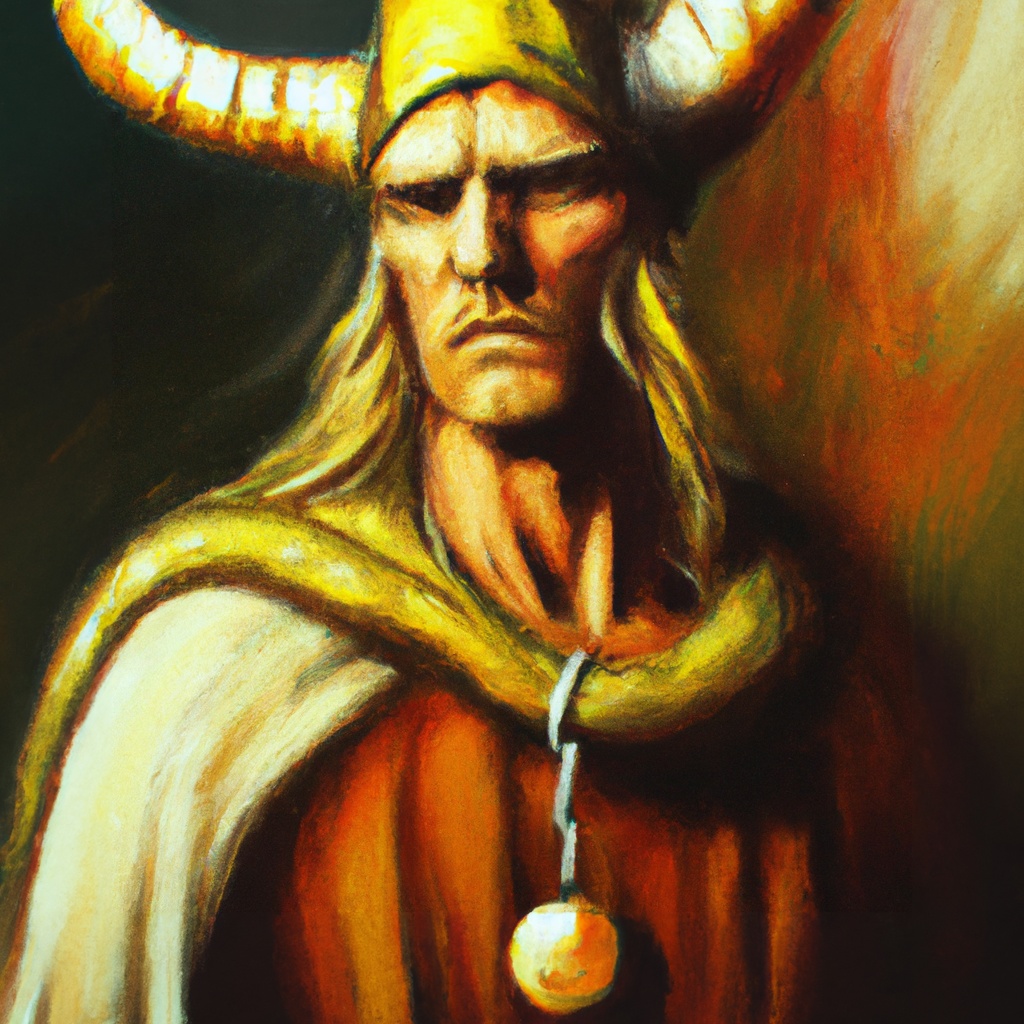
Lugh is known for his many talents and is often referred to as a god of all trades. His festival, Lughnasadh, marks the first harvest and celebrates skill, artistry, and achievement. Lugh's role as a warrior, poet, and craftsman highlights the importance of versatility and learning.
If you’re striving to develop your talents or overcome challenges, Lugh’s energy can encourage creativity and perseverance.
11. Thor – The Norse God of Thunder
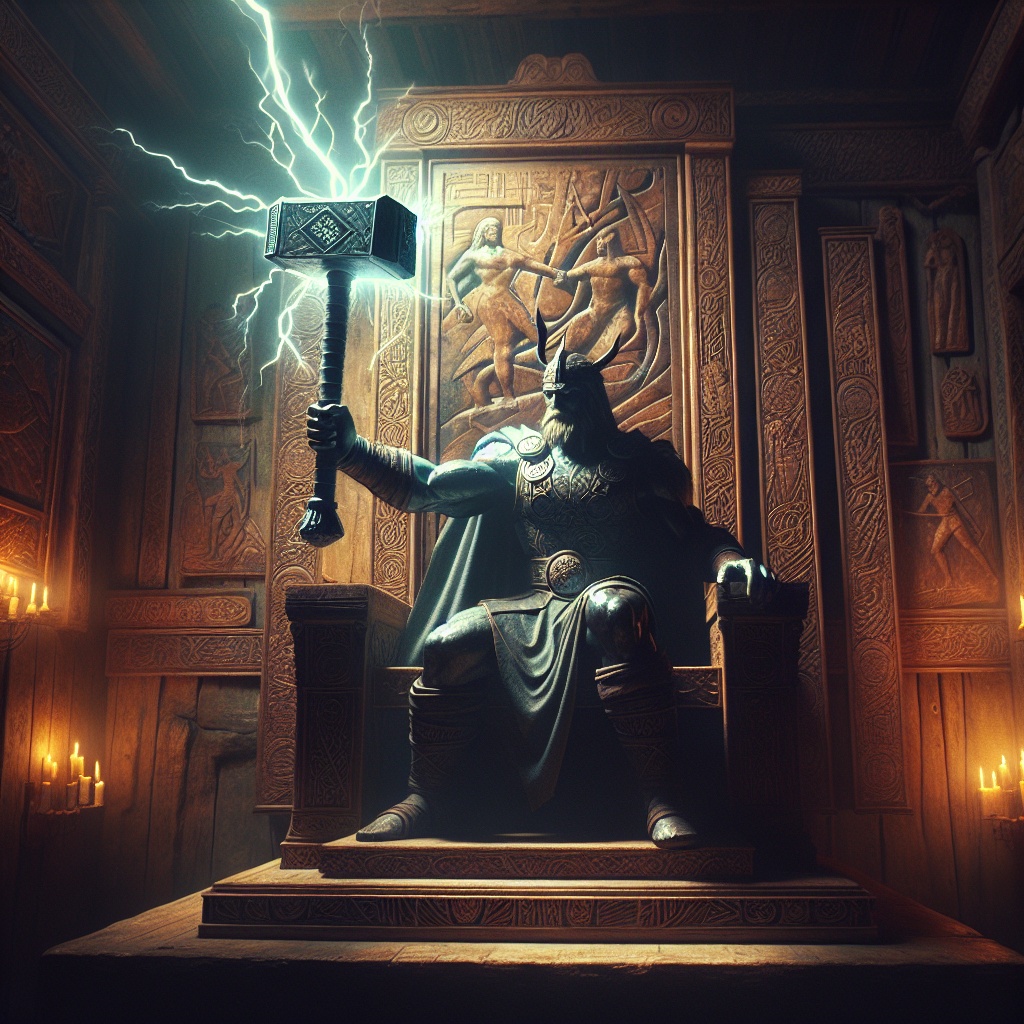
Thor, one of the most popular Norse gods, is known for his unmatched strength and his role as a protector of humanity. Wielding his hammer, Mjölnir, Thor battles giants and chaotic forces, maintaining order in the world. He is also associated with storms and the fertility of the land.
If you’re seeking courage and the strength to face adversity, Thor’s protective energy is an empowering presence.
12. Aphrodite – The Greek Goddess of Love and Beauty
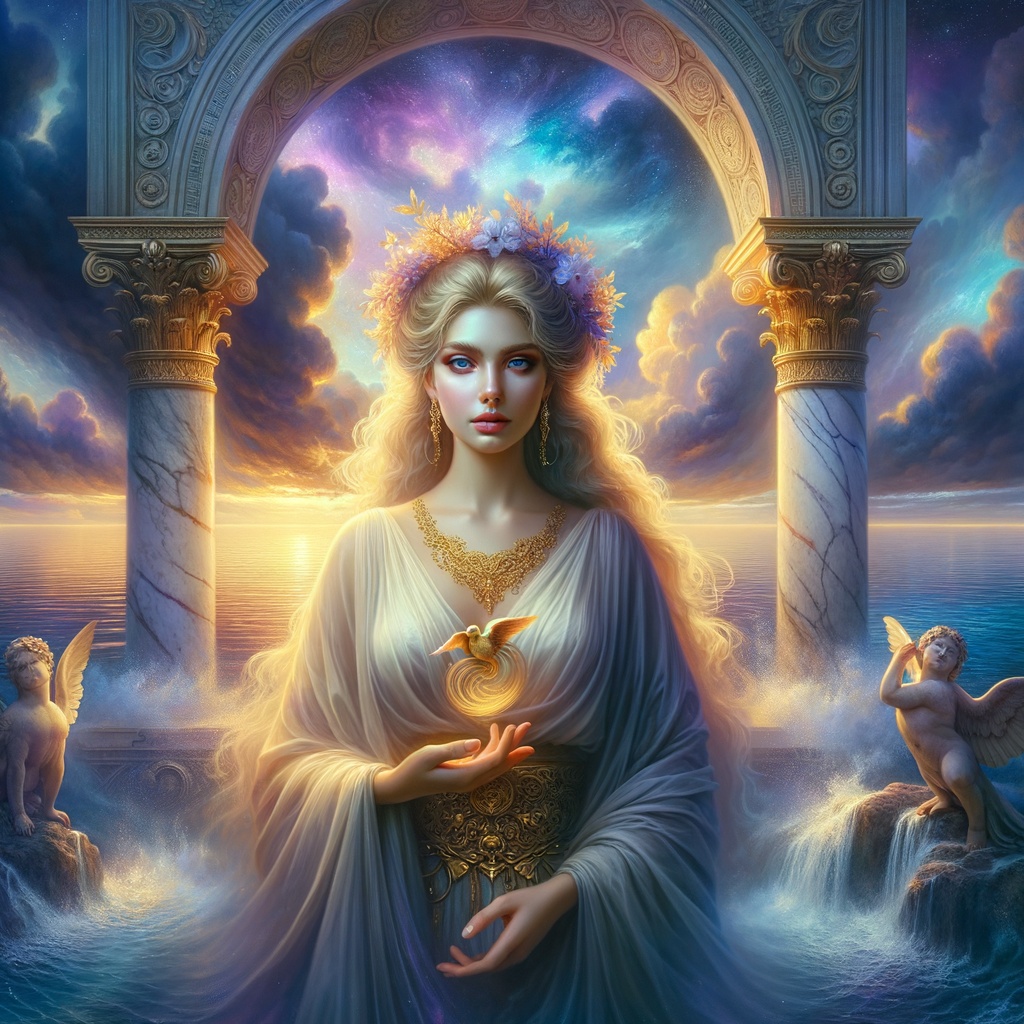
Aphrodite is the embodiment of love, passion, and beauty in Greek mythology. Born from the sea, she inspires desire and harmony, governing relationships and the creative power of love.
For those exploring self-love or cultivating deeper connections with others, Aphrodite’s energy is a reminder of the transformative power of love.
13. Anubis – The Egyptian God of the Afterlife
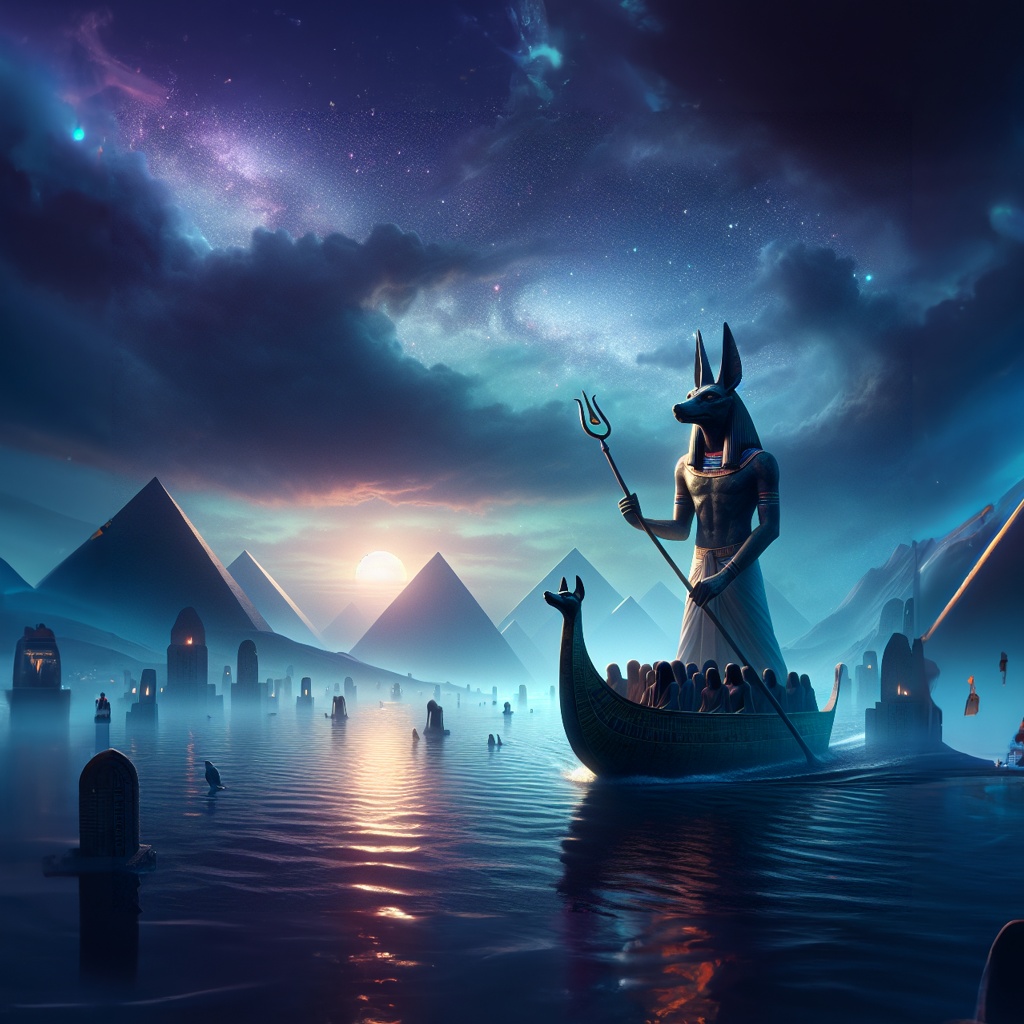
Anubis is a significant figure in Egyptian mythology, serving as a guide for souls in the afterlife. With his jackal head, he oversees mummification and ensures that the deceased are judged fairly. Anubis symbolises protection and the transition from life to death.
Connecting with Anubis can help those seeking guidance during periods of loss or change, offering comfort and support in times of transition.
14. Isis – The Egyptian Goddess of Magic and Motherhood
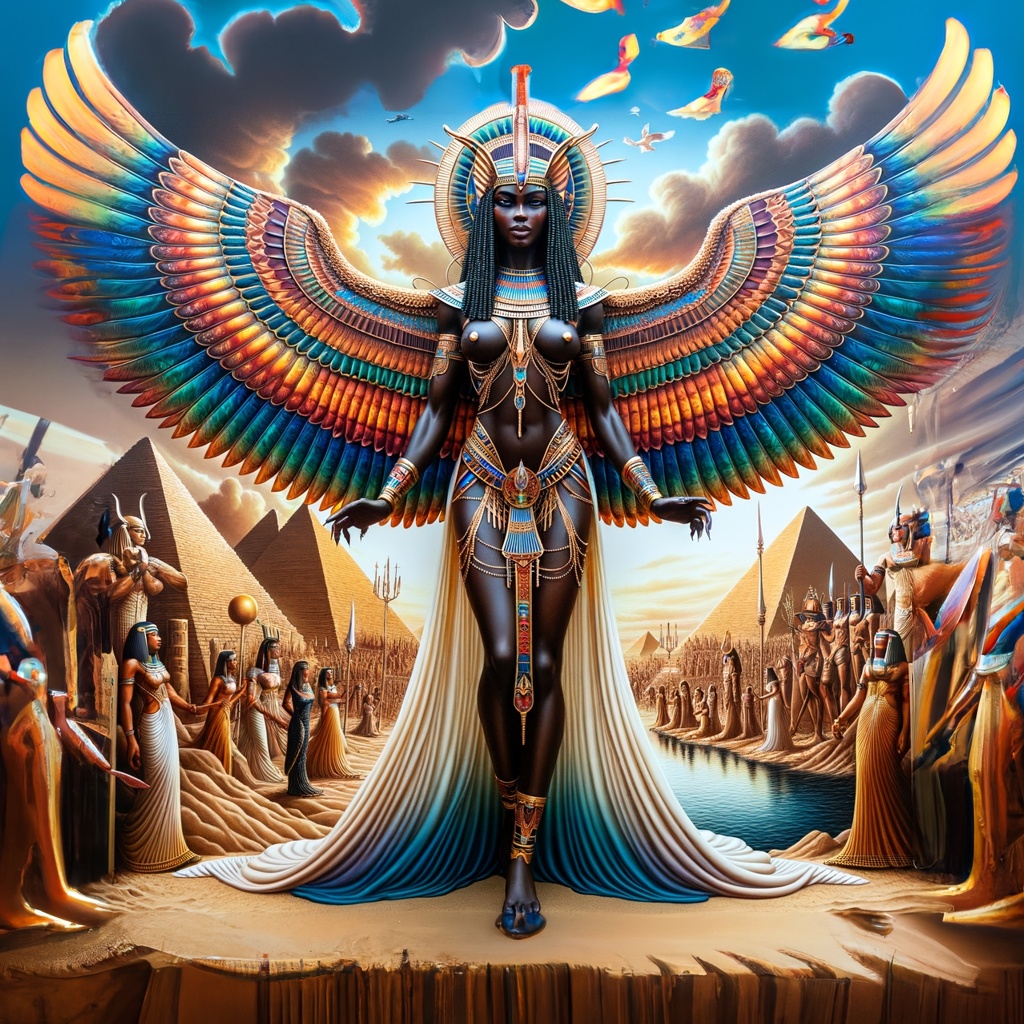
Isis is revered for her wisdom, healing powers, and devotion. As a goddess of magic and motherhood, she embodies compassion and protection. Her story of resurrecting her husband, Osiris, highlights her strength and resourcefulness.
If you seek nurturing energy or wish to explore the mysteries of magic, Isis provides inspiration for growth and empowerment.
Recommended for you!
Best SellersFrequently Asked Questions About Pagan Gods and Goddesses
Do pagans believe in one god or many gods?
Paganism is usually polytheistic, which means pagans believe in and honour many gods and goddesses. These deities often represent different aspects of nature, human experience, or the universe. However, some pagans may focus on one deity or view all gods and goddesses as reflections of a single divine source.
Are pagan gods and goddesses still worshipped today?
Many people continue to honour pagan deities in modern times. Practices vary widely and can include rituals, offerings, meditations, and celebrations of festivals linked to specific gods or goddesses. Contemporary pagan traditions like Wicca, Druidry, and Heathenry often integrate ancient deities into their spiritual practices.
Are pagan gods and goddesses connected to astrology?
Many pagan deities have associations with celestial bodies, planets, and astrological concepts. For example, Roman gods such as Jupiter, Venus, and Mars are linked to planets in astrology, and their characteristics influence astrological interpretations. Similarly, lunar goddesses like Selene and Diana are connected to the cycles of the moon.
Can anyone work with pagan gods and goddesses?
Anyone can choose to explore or connect with pagan deities. There is no single way to work with them, and practices can be tailored to your beliefs or preferences. Researching the myths, symbols, and rituals associated with a deity is a good starting point. Building a personal connection often involves meditation, offerings, or incorporating the deity’s themes into your life.
What role do pagan gods and goddesses play in modern paganism?
In modern paganism, gods and goddesses are often seen as guides, archetypes, or energies that reflect aspects of nature and humanity. They may be invoked for specific purposes, such as protection, healing, or inspiration. For many, these deities are an integral part of celebrating the cycles of the Earth and deepening spiritual practice.
Is there a difference between pagan gods and spirits?
While gods are typically seen as powerful deities with defined roles, spirits can refer to a broader category of beings, including nature spirits, ancestors, or elemental forces. In some traditions, spirits act as intermediaries between humans and gods, while in others, they are revered on their own.
What is the relationship between pagan gods and festivals?
Many pagan festivals are tied to specific deities and the natural cycles they represent. For example, the Celtic festival of Lughnasadh celebrates the harvest and honours Lugh, the god of skill and mastery. Similarly, the Roman festival of Saturnalia was dedicated to Saturn, the god of agriculture and wealth.
Can I honour more than one pantheon of deities?
Many modern pagans choose to honour deities from different traditions or pantheons. This eclectic approach allows individuals to connect with gods and goddesses who resonate with them personally, regardless of cultural origins. However, some prefer to focus on a single pantheon to maintain cultural or spiritual continuity.
Do pagan gods have gender?
What should I do if I feel drawn to a specific pagan deity?
If a particular god or goddess resonates with you, start by learning about their myths, symbols, and associated practices. You might create an altar, offer small tokens, or meditate on their qualities. Building a relationship with a deity is a personal and intuitive process, and there’s no right or wrong way to begin.
What Do Pagans Believe Happens After Death?
Beliefs about the afterlife vary widely among pagans. Some traditions embrace reincarnation, while others envision a spiritual realm where souls find rest or continue their journey. The emphasis often lies on living in harmony with the natural world rather than focusing solely on the afterlife.
Can You Be Pagan and Not Believe in Gods?
Many pagans view gods and goddesses as symbolic or archetypal figures rather than literal beings. Others may focus on nature, ancestral spirits, or personal spiritual practices without invoking specific deities.
Study the Paganism Diploma Course for £29
If you’re captivated by the stories of pagan gods and goddesses, the Paganism Diploma Course at the Centre of Excellence offers a closer look at these ancient traditions. Learn about the deities, rituals, and beliefs that shape paganism for just £29.

